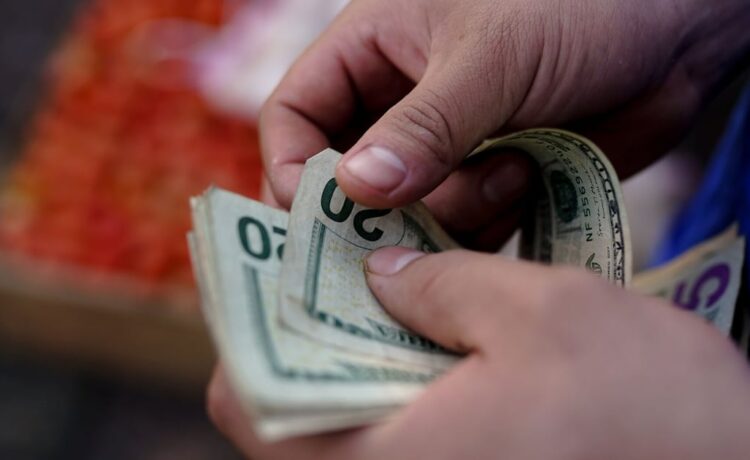(Bloomberg) — The National Bank of Ethiopia sold dollars to commercial lenders as it seeks to close the gap between official and parallel exchange rates.
The central bank sold the dollars at an average 107.9 birr per dollar, which is stronger than Wednesday’s range of 120 to 122 birr on the parallel market. Until last week, rates on unofficial platforms were about double what lenders offered.
Ethiopian Prime Minister Abiy Ahmed last week berated banks for keeping the birr’s exchange rate at much stronger levels than what traders in the parallel market were offering.
The parallel rate has declined since the central bank announced the special auction on expectations of a sizeable volume, according to Abdulemenan Mohammed, a financial analyst at Portobello Group. The central bank didn’t disclose how much it sold.
“While not disclosing this information could offer short-term advantages in stabilizing the market driven by perception, it may have long-term consequences,” Abdulemenan said before the auction results were released. “Black-market traders will begin to predict the bank’s capacity to supply foreign currency, leading to potentially volatile fluctuations in the parallel market.”
The Horn of Africa nation allowed its currency to float freely on July 29 after about five decades of tightly controlling exchange rates. The change was part of reforms aimed at attracting investors and getting International Monetary Fund funding.
Hours after announcing the move, Ethiopia clinched a $3.4 billion IMF program that helped unlock a further $16.6 billion in potential World Bank funding.
“We are pleased to see a substantial narrowing of the gap” between the official and parallel rates, Governor Mamo Mihretu said. “We anticipate and indeed expect” more banks will make foreign exchange available to their clients, he added.
Before Ethiopia removed the peg, about 80% of foreign-currency trades happened on the street, State Minister for Finance Eyob Tekalign Tolina said in a Bloomberg interview on Monday. The tightly controlled market made access difficult and ensured trades remained underground.
In recent years, access to foreign currency became even more difficult as imports outpaced exports, and flows from international aid almost dried up due to a two-year civil war in Ethiopia’s northern Tigray region.
–With assistance from Ana Monteiro.
(Updates with analyst comment from fourth paragraph.)
©2024 Bloomberg L.P.

















